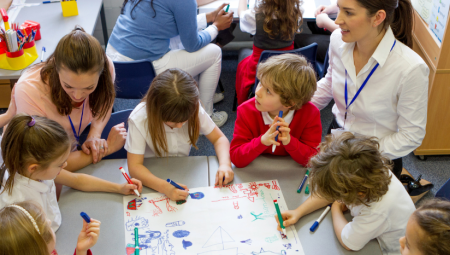We developed Mindfulness for Adolescents and Carers (MAC) as a version of MBCT adapted to be more engaging for teenagers. MAC aims to help teenagers recover from depression and support parents and carers to cope better.
Project Aims
This project explored whether Mindfulness for Adolescents and Carers (MAC) supports recovery and prevents relapse among 15-18-year-olds who risk developing recurrent depression as adults.
This programme refined, evaluated, and optimised the implementation of MAC for young people and their carers using g cutting-edg efficient methodologies by drawing on a hybrid effectiveness implementation trial design and advanced modelling methods that aim to address the following question:
- Could MAC improve recovery among young people with depression who fail to completely respond to first-line treatment or relapse rapidly?
Project Activity
This project had five parts that finalised the therapist-training programme. This included co-producing an app to encourage and measure mindfulness practice. We recruited 480 teenagers and their parents, of whom half accessed MAC and the other half accessed the standard NHS treatment that was available. This allowed us to compare the differences between the two treatment results and their costs to see whether MAC works and is value for money. This project aimed to find out how MAC works and who benefits the most by exploring changes in how teenagers and parents feel, think, and relate to each other. This enabled us to better understand how best we could get MAC into mental health services across the NHS.
This project was split into 5 different work packages, including:
- Work package 1: optimised training and supervision of practitioners to ensure fidelity in MAC delivery in WP3.
- Work package 2: increase adherence to practice and improve the accuracy of the measurement of practice via the co-design and co-development of apps (one for young people and one for parents).
- Work package 3: evaluated whether MAC plus treatment as usual (TAU) is more effective and cost-effective in producing a sustained reduction of symptoms of depression in adolescents compared to TAU alone.
- Work package 4: tested whether MAC targets key intermediates on the pathway between treatment and outcome and whether these targets relate to outcome
- Work package 5: produced an implementation plan to support rapid scale-up of MAC should it prove effective and cost-effective.
It is important to note that this project included Public and Patient Involvement (PPI) in varying roles.
Impact
- Two manuals (MAC and the MAC training curriculum).
- Two apps (one for young people and one for carers) to support home practice.
- MAC Implementation Plan and Toolkit.
- RCT data linked to administrative health and education data that would support longer-term follow-up.
- Each work package led to at least one national or international conference presentation, such as at the British Association of Behavioural and Cognitive Therapists, the International Association of Child and Adolescent Mental Health.
- PPI impact assessment.
- Each work package produced at least one academic paper.





